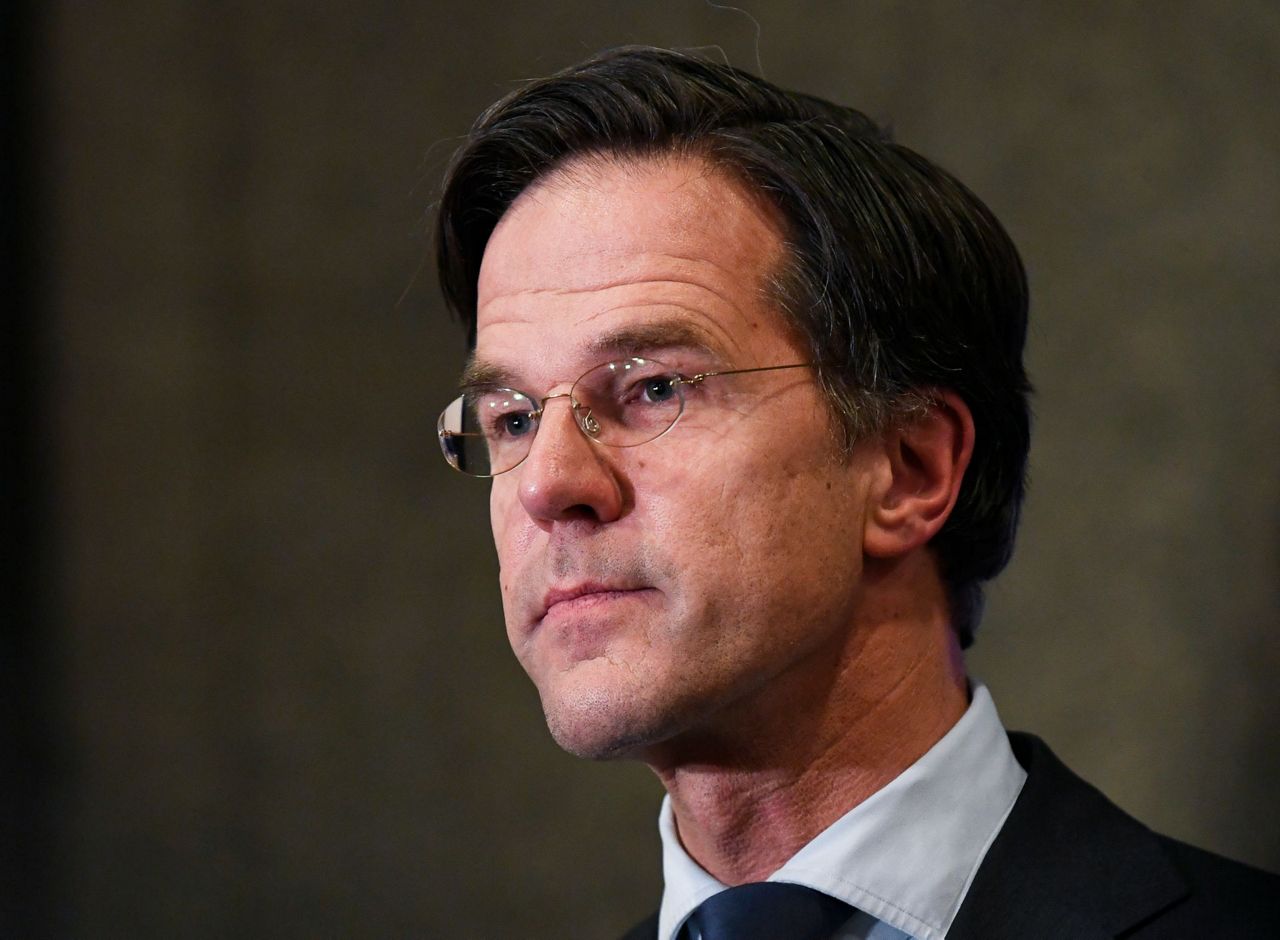THE HAGUE, Netherlands (AP) — What is expected to be a complex process to form a new Dutch government got underway Monday with leaders of parties that won seats in last week's parliamentary elections laying out their preferred coalition options.
One-by-one, leaders met with two “scouts” appointed to take stock of possible coalitions and report them to the newly elected lower house of parliament before its first session on March 31.
The scouts come from the parties that won the most seats in last Wednesday's election, the People's Party for Freedom and Democracy, or VVD, led by caretaker prime minister, Mark Rutte, and the centrist D66 party, which recorded one of its best election results to become the second biggest party.
Rutte told reporters that among potential coalition partners for the VVD, he believes the scouts should “seriously look at” new right-wing populist party JA21, which won three seats.
The Dutch voting system all but guarantees coalition governments. Rutte's VVD won 35 of the 150 seats in the lower house of parliament; D66 won 23.
If, as expected, Rutte leads the next government, the 54-year-old would head his fourth coalition and will be in line to become the longest-serving Dutch prime minister.
D66 leader Sigrid Kaag said she wants to look at issues rather than potential coalition partners.
“In this phase, if you look at the challenges we face and the choices we have to make, it's more important to look at what everybody wants to achieve in this country,” she said.
The scouts have two busy days Monday and Tuesday, with meetings scheduled with the leaders of all 17 parties that won a place in the 150-seat lower house of parliament.
Copyright 2021 The Associated Press. All rights reserved. This material may not be published, broadcast, rewritten or redistributed without permission.




